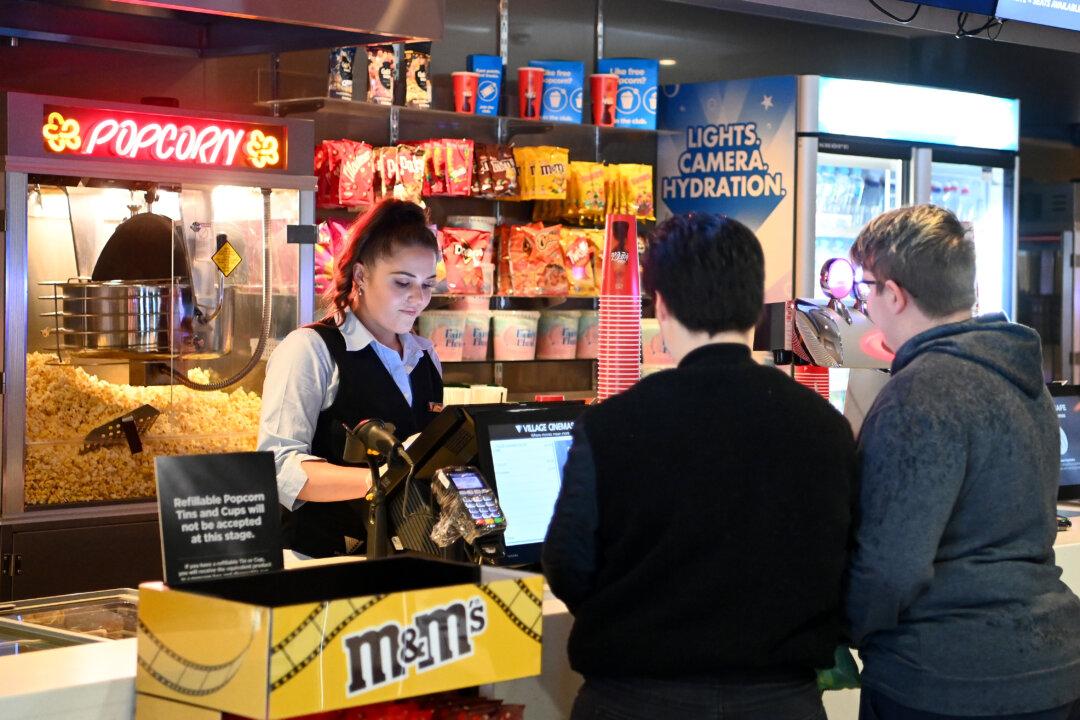The Australian business community has criticised the Fair Work Commission for the latest wave of minimum wage rises, saying it would add more pressure to struggling businesses nationwide.
On June 2, the commission announced that it would lift the national minimum wage by a total of 8.6 percent from July 1, effectively raising the pay rate for lowest-paid workers from $21.38 (US$14.14) to $23.23 per hour.





